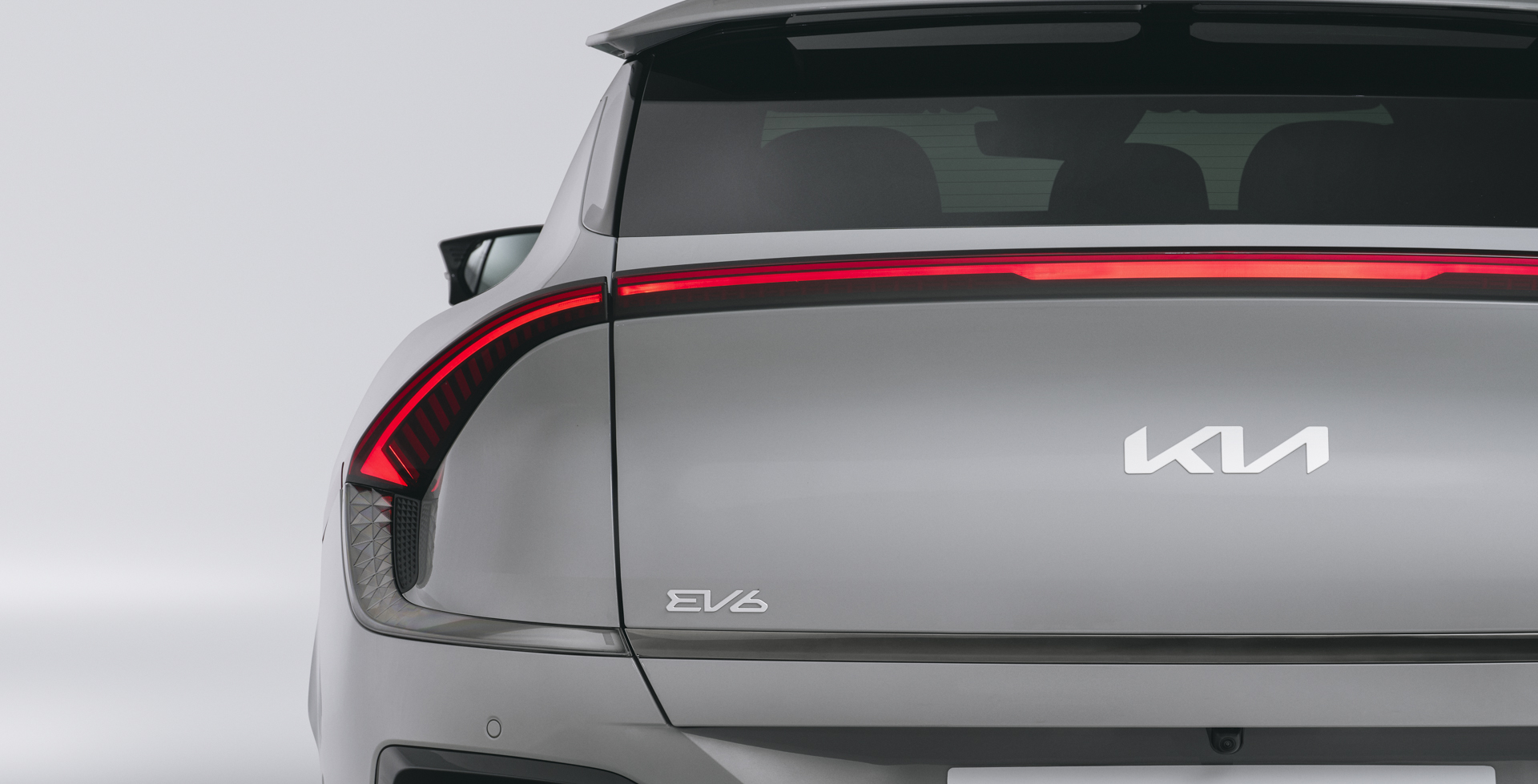EV and gasoline car sales in Europe in free fall
Sales in free fall
Sales of all-electric cars took a particularly big hit, falling a whopping 44% from last year.
August was the fourth month in a row that sales of electric cars fell in Europe.
In Germany, Europe’s largest car market, sales actually plummeted nearly 69%.
France also saw a sharp drop of more than 33%.
ACEA is concerned and calls for “urgent action” to prevent further decline.
ACEA says it is necessary for the EU institutions to quickly come up with new support packages, especially as stricter CO2 targets come into effect in 2025.
Without measures, carmakers risk getting into trouble.
Problems for manufacturers
Europe’s major automakers also took hits.
Volkswagen, Stellantis and Renault saw their August sales drop by 14.8%, 29.5% and 13.9%, respectively.
Even Tesla, which previously could invariably count on growth figures, saw a 43.2% drop.
The decline in EV sales is partly attributed to the ending of subsidies in several countries.
In Germany, for example, financial incentives for electric company cars have been eliminated.
In addition, high energy prices and a shortage of charging stations in many European countries are making it less attractive for consumers to switch to electric cars.
Hybrids on the rise
The sales decline is not exclusive to EVs.
Sales of cars with traditional internal combustion engines, such as gasoline and diesel models, also showed a decline in August.
Gasoline cars saw a 17% drop in sales, while sales of diesel models fell as much as 26%.
So overall car sales in Europe are currently under pressure, not just those of electric cars.
As for plug-in hybrids, there was also a decline, albeit less drastic.
Sales of plug-in hybrids dropped 22.3% compared to August last year.
Despite the fact that plug-in hybrids combine both electric and fuel propulsion, they also failed to escape the negative trend in car sales.
Sales of hybrids did increase, by 6.6%.
What does this mean for the future?
Current figures show that the European auto market continues to struggle with the effects of the corona pandemic and inflation.
In addition, consumers remain cautious due to phasing out subsidies and rising costs.
The removal of subsidies in Germany in particular is having a significant impact on Europe’s car sales figures as a whole.
Yet there are also positive developments in EV-land: electric car sales increased in the Netherlands in August, and the United Kingdom appears to be heading for a record number of EVs sold this month.

